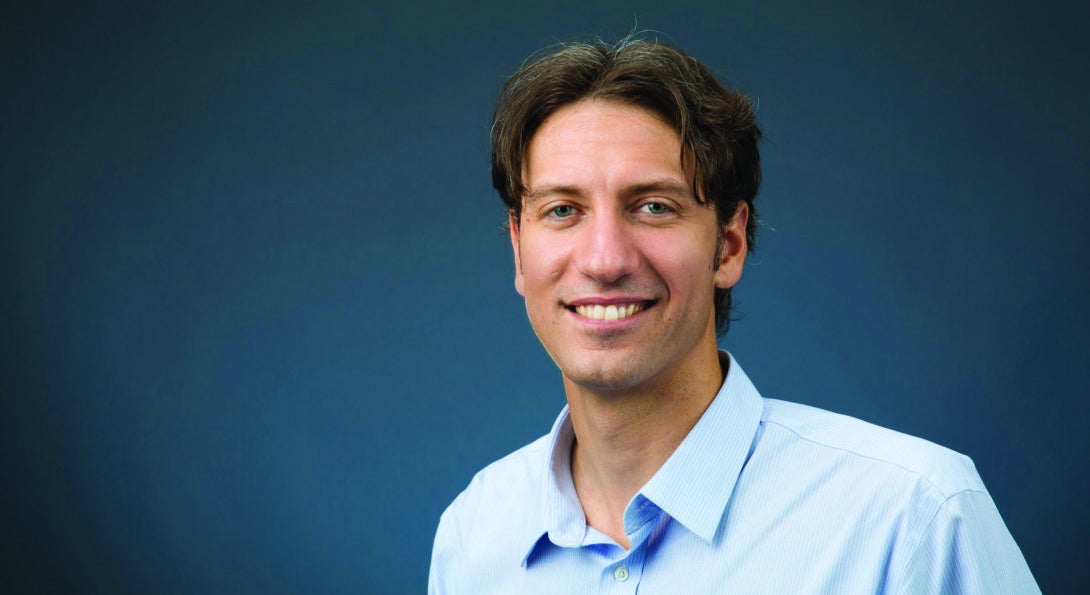Q&A with CME’s new faculty member Sean Vitousek

How did you become interested in engineering?
I became interested in engineering in College. I had a fantastic Civil Engineering professor (David Billington) who taught how works of engineering can transcend simple infrastructure and become art. Not art only in the sense that works of civil engineering are visually impressive, but art in the sense that they are a thoughtful convergence of form and function.
What experiences led you to this position?
My experience growing up in Hawaii has led to my current research. I have always loved waves and the ocean. The ocean is a very dynamic and unpredictable environment. While working on my master’s degree and Ph.D., I became very interested in numerical simulation, using computers to solve physics problems that cannot be solved by hand. My graduate research gave me experience in simulating complex systems like the ocean. In many cases, numerical models are almost capable of predicting the unpredictable … almost. There is a lot of work left to be done to make predictive models a reality and this is what has lead me to my current research.
Have you received any awards or recognitions? What are your secrets to receiving them?
I received funding awards for my Ph.D. from the Department of Energy Computational Science Graduate Fellowship and for my postdoctoral research from the Mendenhall Research Fellowship Program at the US Geological Survey. I think that my secret to success, like other scientists, is a deep interest in my topic of study. I really want to understand the topics that I research, and this provides the necessary motivation to work hard and navigate the difficulties of solving complex problems.
What is your favorite hardware software?
My favorite software tool is Matlab. I do a lot of research on novel numerical methods for fluid simulation, and matlab a fantastic tool for prototyping. It is very easy to implement numerical models, run experiments, and visualize results using one software tool.
Are you involved with any organizations?
Not much yet, but working for the U.S. Geological Survey was a tremendous opportunity for me to learn about field monitoring and surveying techniques, and to integrate field data with computer modeling efforts.
What are you currently working on?
I am currently working on numerical and statistical models to predict increases in coastal hazard vulnerability due to sea-level rise.
Do you have an area of engineering that you specialize in?
I specialize in environmental fluid mechanics, numerical simulation, and coastal hazards and impacts.
What do you usually do during your free time?
I like to play beach volleyball, surf, and kitesurf (but I haven’t braved the winter lake temperatures yet). I also like to work on and play with my custom PC at home.
What direction do you see yourself in a few years from now? Or What would you like to accomplish at UIC?
I see myself doing research for a very long time. In particular, I would really like to understand the engineering consequences of sea-level rise and developing adaptation strategies. I think Chicago might be a good place for this type of research since the lakeshore experiences much higher water level variability than sea level in the ocean.
What profession would you be doing if you weren’t an engineer?
If I weren’t doing engineering research I suppose I would work in the tech industry in Silicon Valley like many of my Stanford friends. That way I would still be able to spend my days working on computational problems. Or… If I weren’t doing engineering research I suppose I might be a lifeguard so way I could spend all day looking at waves.